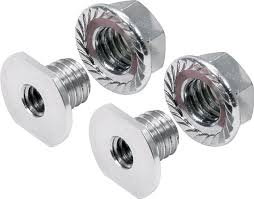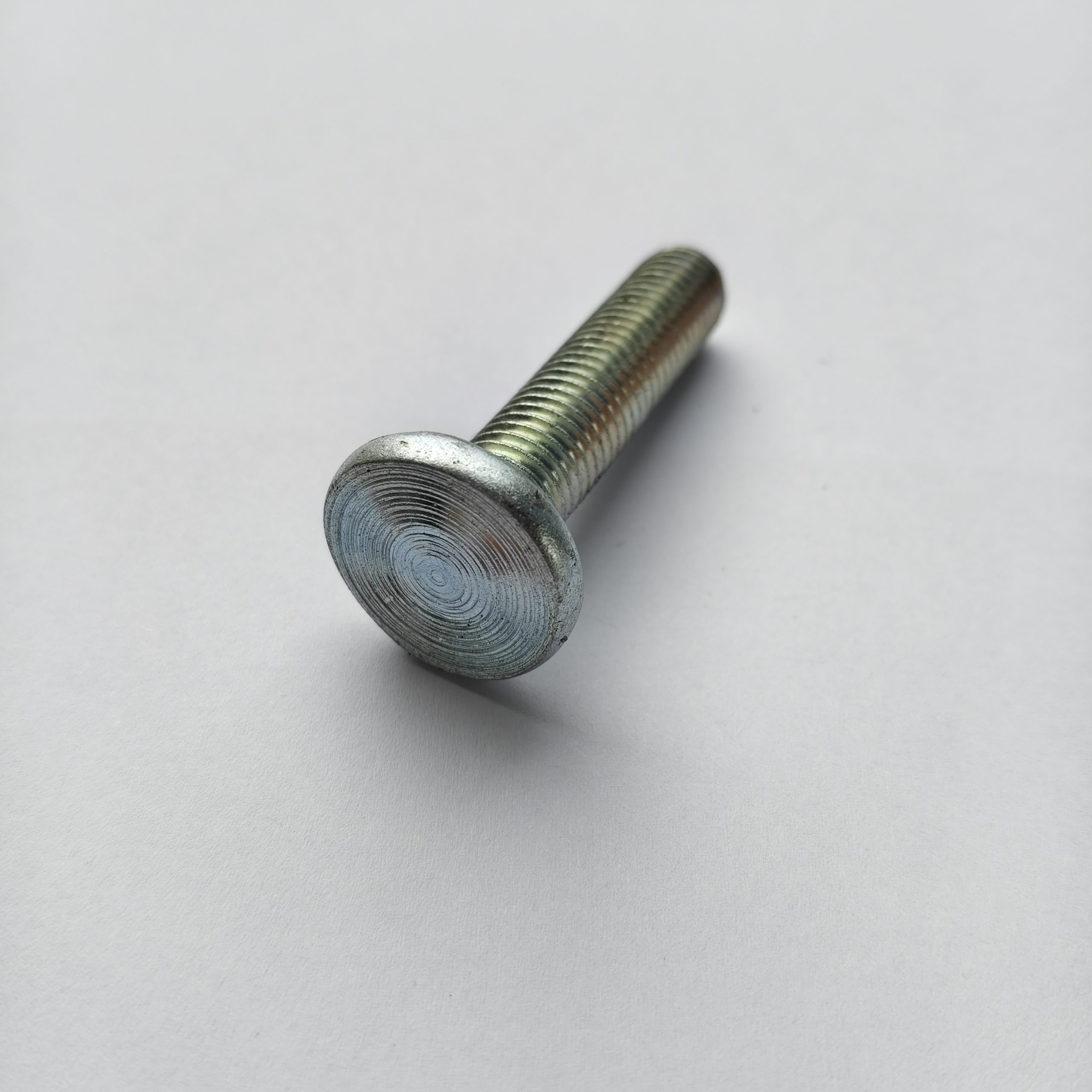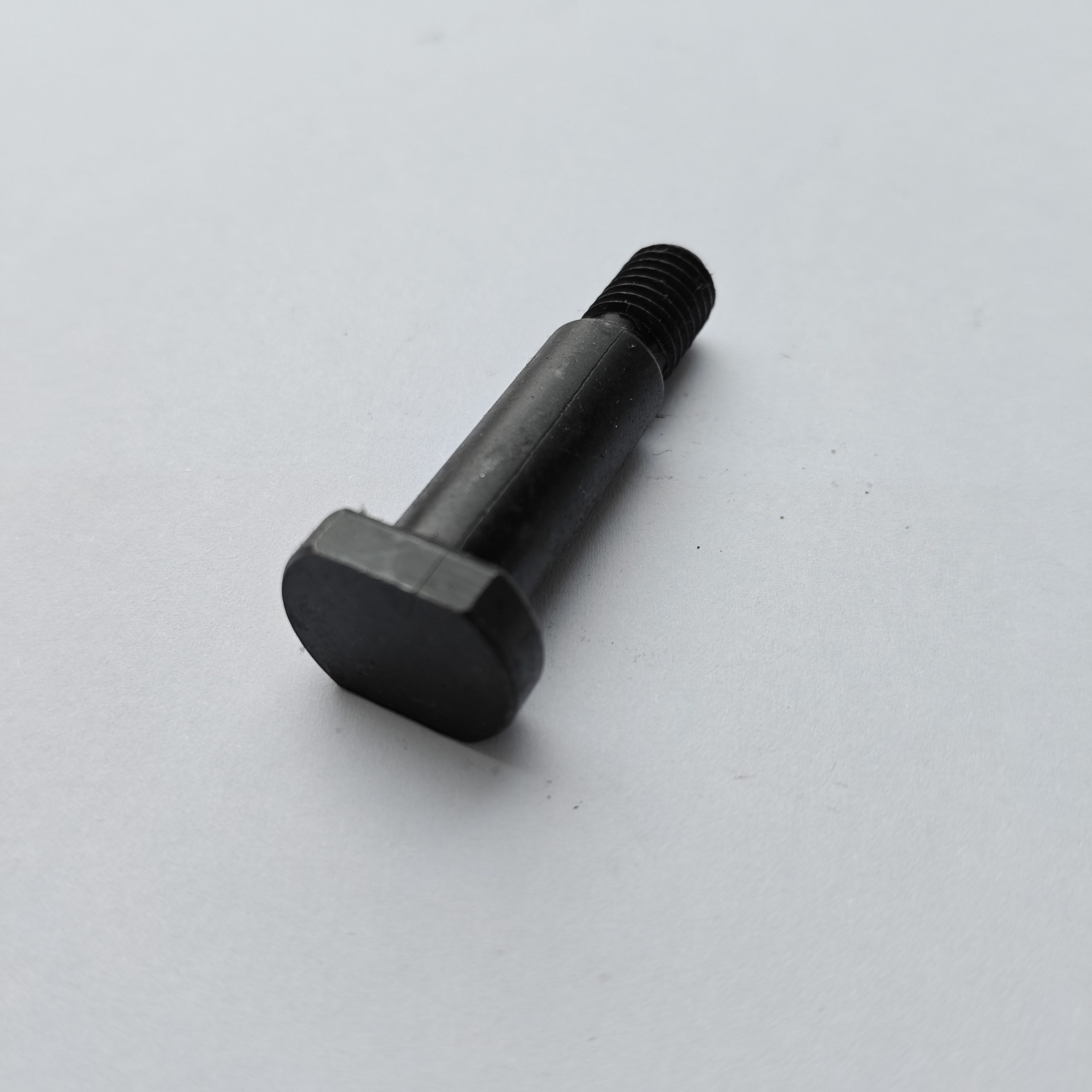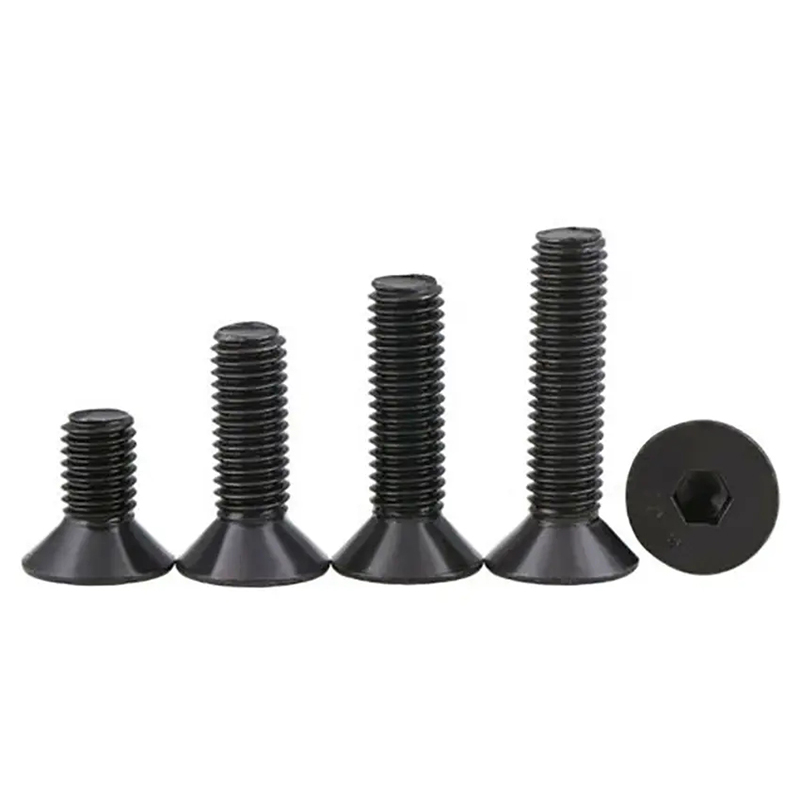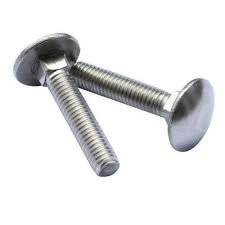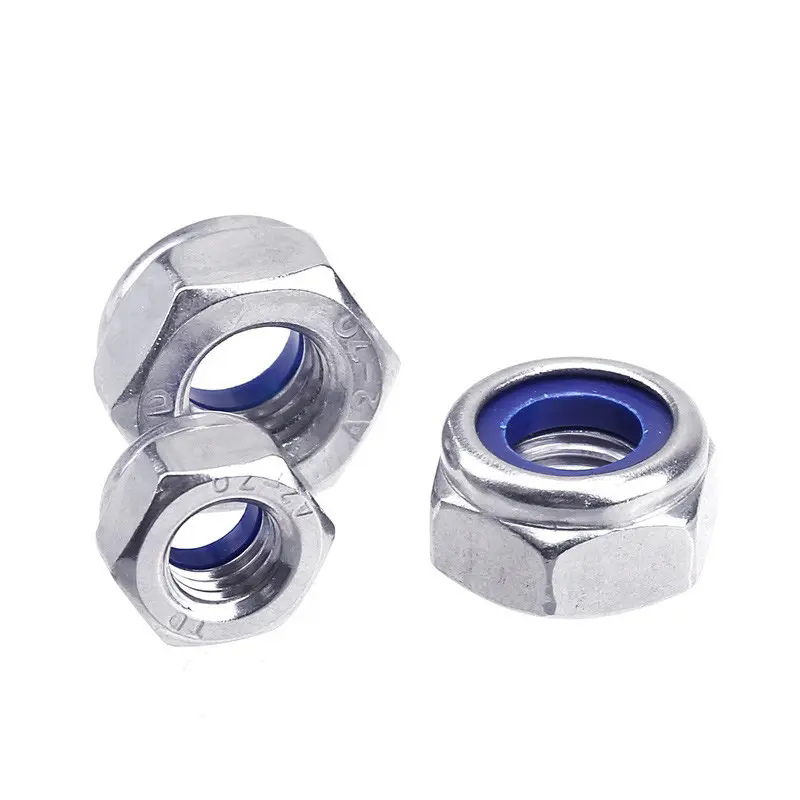

This comprehensive guide explores stover nuts, their applications, advantages, and considerations for various projects. We'll delve into the specifics of their design, materials, and how they compare to other fastening solutions. Learn how to choose the right stover nut for your needs and ensure a secure, reliable connection.
Stover nuts are a type of specialized nut designed for applications requiring high strength and vibration resistance. Unlike standard nuts, stover nuts often feature a unique design, frequently incorporating a locking mechanism or a specific thread profile to prevent loosening under stress. They are commonly made from materials such as steel, stainless steel, or other high-strength alloys, depending on the intended application and environmental conditions. Their robust construction makes them ideal for demanding environments and critical fastening applications.
Several variations of stover nuts exist, each tailored for different purposes. These variations often involve differences in thread pitch, material, and the locking mechanism employed. Some common applications include:
The superior locking mechanisms in stover nuts make them highly effective in high-vibration environments where standard nuts might loosen and compromise the integrity of the assembly. This makes them a popular choice in automotive, aerospace, and heavy machinery applications.
Their robust design and high-strength materials ensure a secure hold even under significant stress. This is critical in structural applications and projects where failure is not an option.
Depending on the specific design, stover nuts can be adapted for use in various specialized applications, such as those requiring corrosion resistance (often achieved through the use of stainless steel) or those needing specific torque tolerances.
The table below provides a comparison of stover nuts with other common fastening solutions:
| Fastener Type | Strength | Vibration Resistance | Cost |
|---|---|---|---|
| Stover Nut | High | High | Medium-High |
| Hex Nut | Medium | Low | Low |
| Lock Nut | Medium-High | Medium | Medium |
Choosing the appropriate stover nut requires careful consideration of several factors, including:
Ensure compatibility with the corresponding bolt or screw.
Select a material that can withstand the environmental conditions and required load.
Consider the level of vibration resistance required.
Ensure that the nut can withstand the necessary torque without damage.
High-quality stover nuts can be sourced from various industrial suppliers. For a wide selection of fasteners and excellent customer service, consider checking out reputable industrial suppliers online. For specific needs or large-scale projects, it's recommended to consult with a fastener specialist for personalized recommendations.
Remember to always prioritize safety when working with fasteners. Consult appropriate guidelines and safety manuals to ensure proper installation and handling techniques.
This information is for general guidance only and does not constitute professional engineering advice. Always consult with qualified professionals for specific application requirements.

